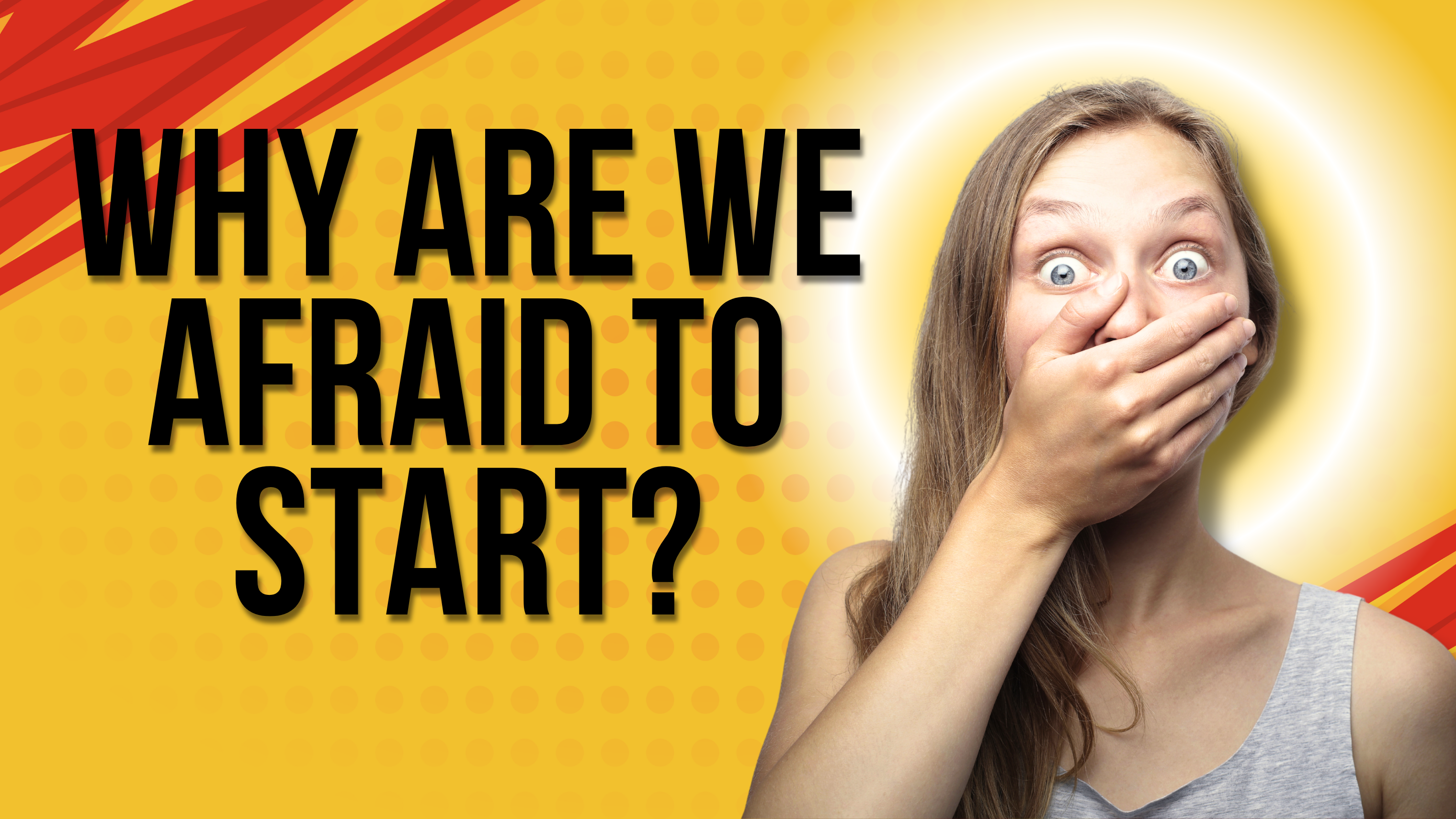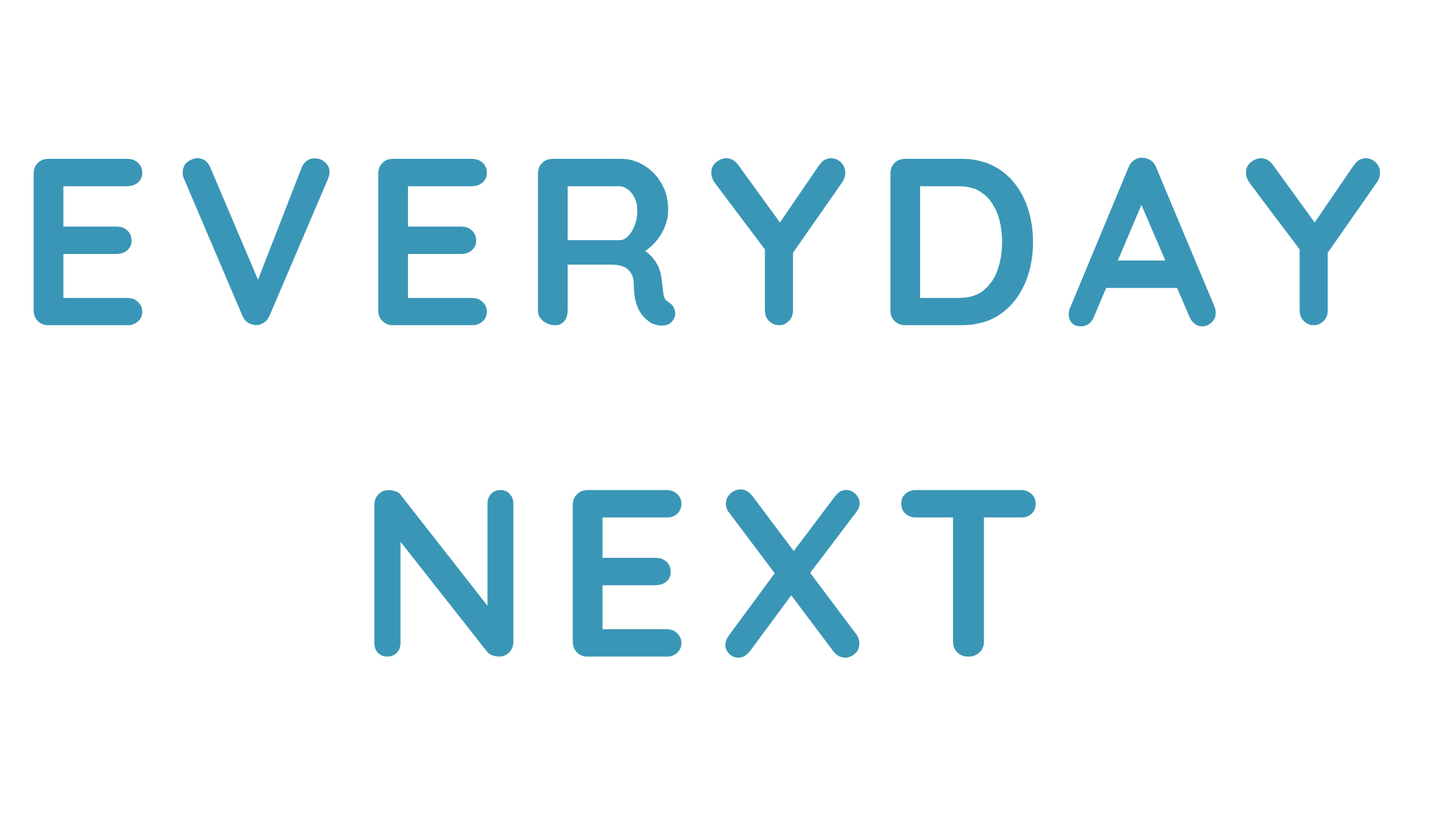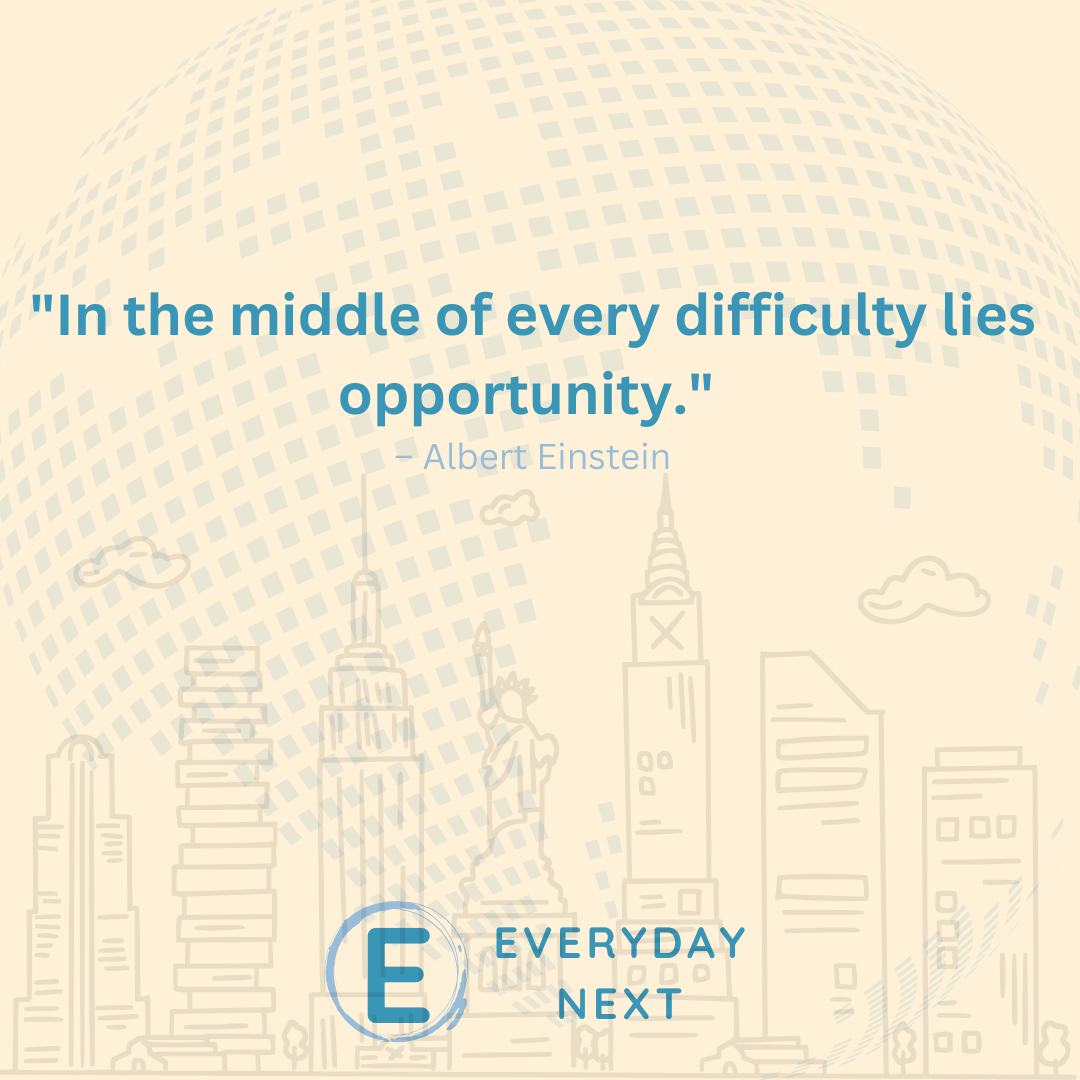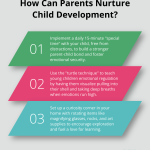
Overcoming Fear: How Can You Fail if You Haven’t Even Started?
Fear is a powerful emotion. It keeps us safe when we face genuine danger, but it can also trap us in a cycle of “what-ifs” that prevents us from pursuing our dreams. Many of us hesitate to start something new because we’re afraid of failing. But here’s the question: how can you know you’ll fail if you’ve never even tried?
This fear of starting is a barrier many people face, but understanding its roots and addressing them head-on can open doors to endless possibilities.
Why Are We Afraid to Start?
Taking the first step can often feel like the hardest part of any journey. Before we even begin, our minds race with doubts and fears, creating barriers that seem insurmountable. Why do these fears hold so much power over us, and what can we do to overcome them? Let’s explore the roots of this hesitation and uncover ways to move past it.
1. Fear of the Unknown
When we venture into something unfamiliar, our brain often paints it with a negative brush. The fear of not knowing what lies ahead makes us assume the worst, even when the reality may be far less intimidating.
2. Fear of Failure
Failure has a bad reputation. It’s seen as something to avoid at all costs. But in truth, failure is often a stepping stone to success. This fear stems from societal pressure to be perfect, combined with self-doubt that whispers, “You’re not good enough.”
3. Perfectionism
Some people fear starting because they feel they need to have every detail ironed out before they take the first step. This perfectionism can be paralyzing. They think, “If it’s not perfect, it’s not worth doing.”
4. Fear of Judgment
“What will people think if I fail?” This question holds countless dreams hostage. The thought of being criticized or judged by others can prevent us from taking action.
The Truth About Failure
The reality is, failure is not the opposite of success—it’s part of the process. Every successful person has stories of setbacks, mistakes, and moments of doubt. They’ve failed not once, but many times. The difference is, they started, learned, and kept going.
Think of a baby learning to walk. They stumble, they fall, but they keep trying until they succeed. Failure is simply feedback; it’s a way to learn what doesn’t work so you can find what does.
How to Overcome the Fear of Starting
If fear is holding you back, here are practical steps to overcome it:
1. Shift Your Mindset
Remind yourself that starting is the only way to learn and grow. Failure doesn’t define you—it’s just a step on the journey.
Ask yourself: What’s the worst that could happen? And if it does, how will I handle it?
2. Break It Down
Big goals can feel overwhelming, but breaking them into smaller, actionable steps makes them more manageable. Focus on the first step, not the entire staircase.
3. Embrace Imperfection
You don’t have to have everything figured out before you begin. Allow yourself the freedom to make mistakes and learn along the way.
4. Tune Out the Critics
Not everyone will understand your journey, and that’s okay. The opinions of others don’t determine your success—you do.
5. Visualize Success
Imagine what success looks like and feels like. Visualization can motivate you to push past fear and take that first step.
Why You Should Start Today
Imagine looking back a year from now, regretting that you didn’t start sooner. Regret is often worse than failure because it comes with the knowledge that you let fear hold you back. The only way to move forward is to take action.
If you’ve never tried, you’ll never know what you’re capable of. By not starting, you’ve already failed in the only way that truly matters—failing to give yourself a chance.
Final Thoughts
Starting something new can feel daunting, but it’s also exhilarating. Remember, everyone who’s ever succeeded was once a beginner. They didn’t know if they would fail or succeed, but they chose to try anyway.
The next time fear whispers, “What if you fail?” respond with, “What if I succeed?” Take that first step, and you might just surprise yourself.
Sources:
- “The Fear of Failure: Understanding Why We Avoid Risk,” Psychology Today
- “How to Embrace Failure as Part of the Process,” Harvard Business Review
- “Why Starting Is the Hardest Part and How to Overcome It,” Lifehack














Pingback: Just Start: Overcoming Analysis Paralysis with Bold Action - Everyday Next
Pingback: How to Learn Artificial Intelligence: A Beginner's Guide - Everyday Next